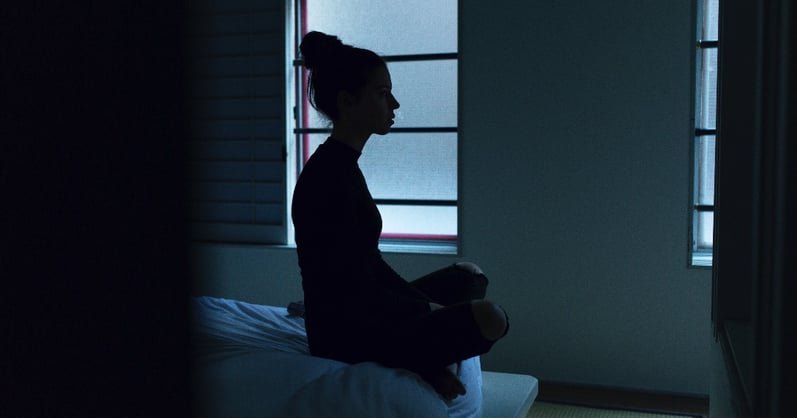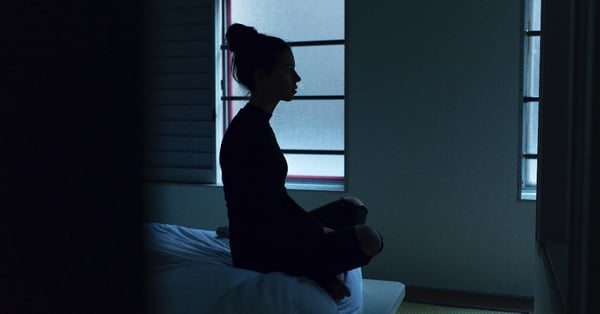The link between the hormone oxytocin and sleep
Published on: April 7, 2025 | Reading time: 🕐 3m

Is there a link between oxytocin and sleep?
Basically, our sleep-wake cycles are regulated by, among other things, several hormones in our body that fluctuate over a 24h period. Among the various hormones involved in the sleep-wake cycle is melatonin, which begins to be secreted two to three hours before sleep onset and reaches its highest level a few hours before waking up in the morning. Cortisol, another hormone, is present in higher quantities in the morning and decreases in the evening to allow sleep. Even our internal body temperature fluctuates on a 24-hour rhythm, dropping during the evening and night and rising during the day. In short, our sleep-wake cycles and sleep quality are regulated and affected by a multitude of constantly fluctuating hormones.
Oxytocin, for its part, is responsible for some of our social and emotional behaviors, and may even play a role in the perception of pain. This hormone is secreted during various types of social interactions, such as cuddling, for example. It could also be affected by a person’s diet and stress level. According to studies, oxytocin is not subject to circadian variations like other hormones involved in the sleep-wake cycle, but its concentration may change in the context of sleep deprivation. It’s also worth mentioning that gender differences are observed in oxytocin secretion associated with social context or anxiety.
Sleeping with a partner?
Some studies show that sleeping with a partner may be linked to a higher level of oxytocin and… better sleep! However, one needs to be careful, as different schedules or a partner who suffers from a sleep disorder and wakes the other up can also be detrimental to sleep. By the way, sleeping alone or with a partner doesn’t have to be a final decision. While many people generally do one or the other, some decide to sleep alone once a week to allow themselves to recuperate. Indeed, if you have pain, light sleep, atypical working hours or if sleeping in pairs disrupts your sleep, sleeping alone one or two nights a week can help the quality of your sleep and your energy levels during the day.
Finally, it’s important to take personal preferences into account when discussing sleep. Whether you prefer to sleep in pairs or have your own individual sleeping space, don’t hesitate to discuss this with your partner or set up a sleep-friendly environment to suit your needs. If you’re comfortable sleeping next to someone else, oxytocin may be playing a role!
Sources
1. Blagrove and al., 2012
2. Bredewold and Veenema, 2018
3. Grinevich and al., 2016
4. Knobloch and al., 2012
5. Luo and al., 2017
6. Schuh-Hofer S. and al., 2018
7. Tracy and al., 2015
Need help with your sleep?
We can help you! HALEO offers a solution that can contribute to productivity and well-being through quality sleep. Schedule a discovery meeting by booking your time here.



